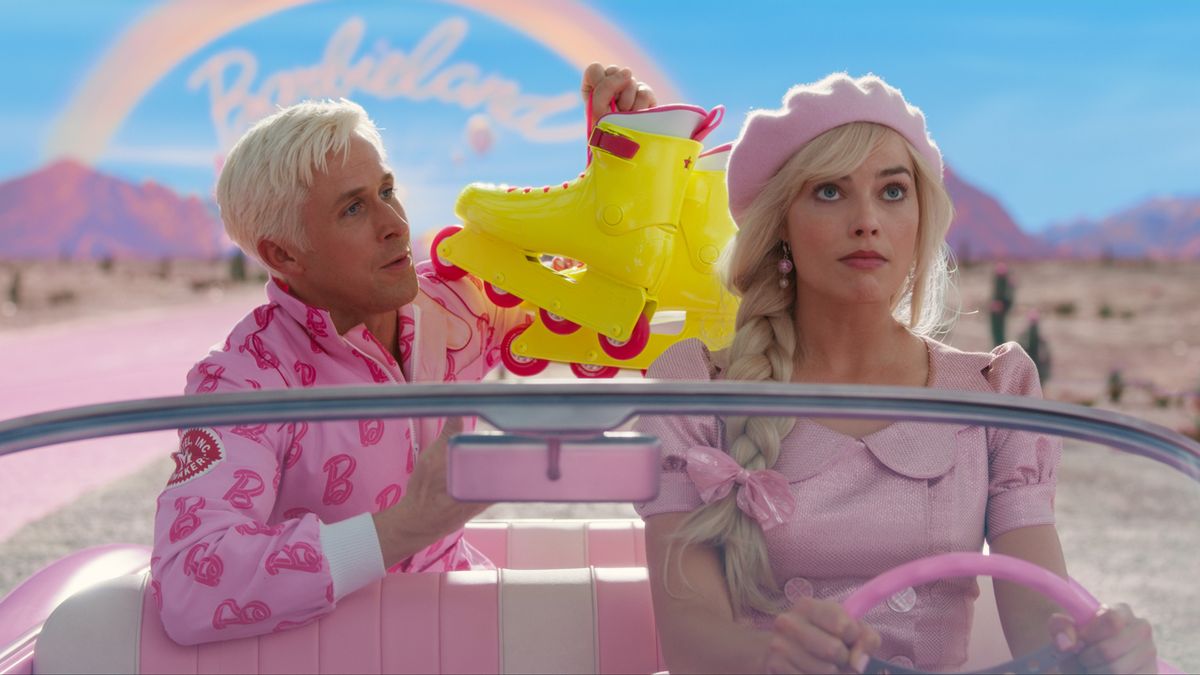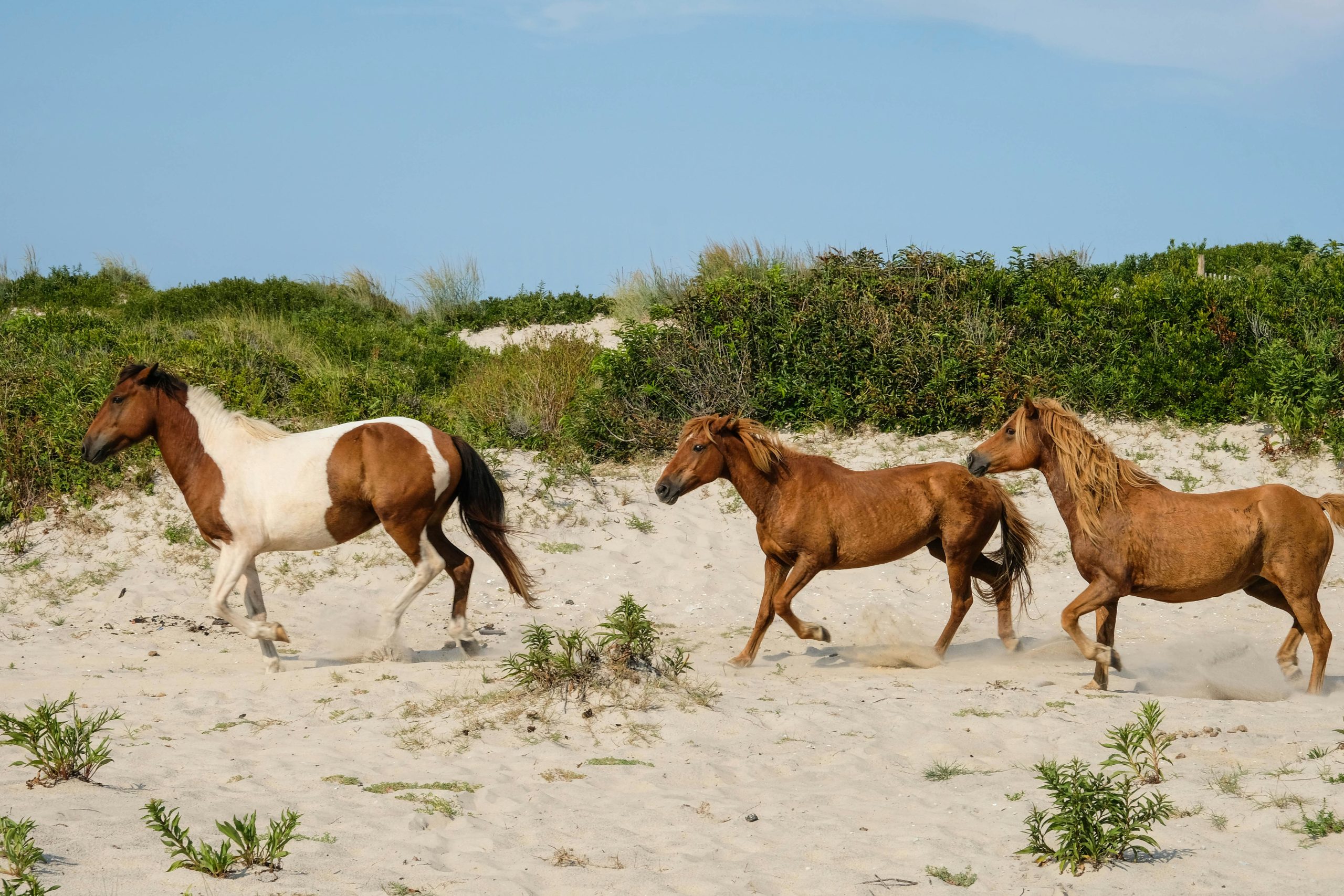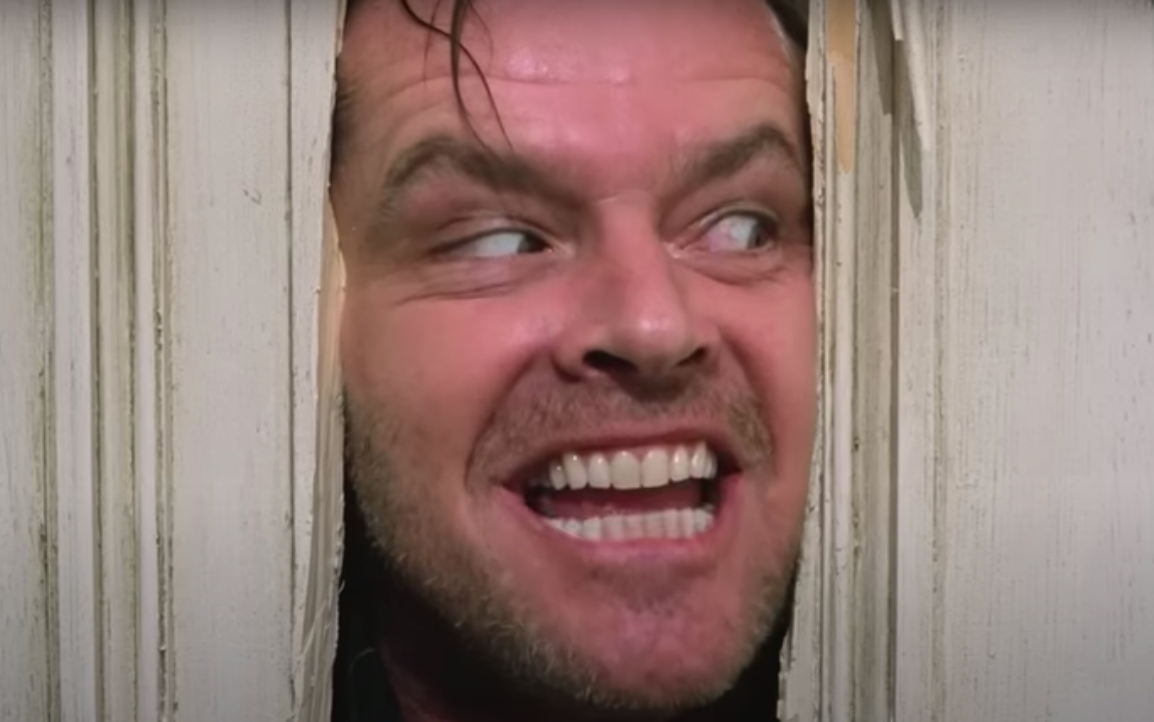In Divine Might: Goddesses in Greek Myth, Natalie Haynes shoves aside the male-centric lens through which we’ve long viewed goddesses like Aphrodite, Demeter and Artemis, whether in history, literature, art or music. She steps into that breach armed with a sharpened gaze and copious research as she reveals to readers how these otherworldly women have been misrepresented and misunderstood in the past, and explores the ways in which they inspire and inform us in the present. BookPage asked the acclaimed author/scholar/comedian/broadcaster about her fascinating career and what she thinks we can all learn from the undersung women of the ancient world.
In last year’s Pandora’s Jar, you brought the likes of Medusa and Jocasta to the forefront. And now in this book, you turn to the goddesses in all their power and glory. What drives you to interrogate and explore how women were portrayed in myth and in art?
I can’t imagine not being interested in the portrayal of women: We’re half the world! And since almost all literature and art that survives to us from the ancient world is by men, it provides a fascinating canvas to explore. How did men imagine women, and how did they imagine powerful women, when they knew no such people in real life? What kind of goddesses would these men worship? I really wanted to explore the goddesses, the temples built to them, the stories depicting them, the art embodying them. So that is how Divine Might happened.
What was the most surprising, challenging and/or gratifying thing you discovered in the course of your research, in terms of seeing echoes of the ancient past in our present society and culture? Do you now have a favorite goddess?
The most challenging thing I discovered was just how little impact the goddess Hestia—once central to worship of all the gods in ancient Greece—had made on the modern world. There were so few examples of her in contemporary fiction and art that at the beginning of her chapter, I wasn’t sure I would be able to write it at all. But it turned out to be a really beautiful process, finding her where I could, and trying to explain how and why she had disappeared. I don’t have favorites—I change my mind with every chapter!
“Female anger is frightening to men. Always.”
Artemis may well be the most widely known goddess, with loads of mentions of her female-archer guise in ancient art and current pop culture. But while her strength and skill are routinely celebrated, you assert that at her core, “She is a true predator . . . fixed on death.” Will you share a bit more about what you found to be the most intriguing contradictions in terms of how Artemis has been portrayed and viewed?

I’m interested that Artemis is such a popular goddess here! I always assume Aphrodite/Venus must be the best known, just because of the sheer cultural penetration (and a planet named after her too.). Artemis is a puzzle because she is syncretized with so many other goddesses: every area in the Greek world seems to have known her by a different name and worshiped a different aspect of her. This is how you end up with a goddess who protects young girls, but also shoots and kills them, and a virgin goddess who is closely linked with the goddess of childbirth. I think it’s appropriate that she is so hard to pin down, though. Artemis belongs to the places away from cities and towns: She is a goddess of wild places, forests and mountains. We don’t really belong in her world; she is most at home with wild creatures. So we either accept we can’t understand her, or we become a little wild ourselves.
What differences do you see in art created by men versus women?
I think the more women make art, the more we’ll see different interpretations of what it means to be a woman. I was thinking about it today reading a review of Britney Spears’ new book: How she chooses to present herself seems completely different from how her management/family chose to present her when they controlled so much of her life. There’s a terrible poignancy to how long she has had to wait to be allowed to be her full self. And—more cheeringly—look at the Taylor Swift juggernaut. She remakes herself with each album, sometimes more than once. It’s a master class in depicting powerful womanhood in hugely varied ways. She’s inspiring millions of girls as she does it, so I think we could be in for an exciting time ahead.
You describe in colorfully unflinching detail some of Hera’s “spectacular and creatively unpleasant revenges.” And you note that modern culture often turns this exasperation into fodder for comedy rather than, say, a reasonable explanation for rage. Why do you think—even in myths that spoke plainly about murder, rape and other terrible things—Hera’s and other goddesses’ anger was assiduously avoided and downplayed?
“. . . women’s stories are every bit as valuable and compelling as men’s, every bit as important as I believe them to be.”
Female anger is frightening to men. Always. And it’s much easier to deny that if you claim that it’s irrational, that it comes out of nowhere, that it’s the consequence of being crazy or cruel. Otherwise you’d have to accept that structural inequality is irritating and make an effort to change it for the better. Sometimes I feel like Bruce Banner in The Avengers: “That’s my secret, Captain. I’m always angry.” He doesn’t wait for an alien invasion to be mad, he lives there. Well, me too.
Your first book, The Ancient Guide to Modern Life, was published in 2010, and you’ve since written several books—fiction and nonfiction—that challenge our assumptions about the ancient world. Have you met with any pushback to the new perspectives you’ve offered? How has your work and your life as an author changed since your first book?
I am told by academic friends that I am generally appreciated in their profession for encouraging so many students to pursue classics and ancient history. I’ve no doubt there are some scholars who hate me—that’s just a statistical reality—but I can’t honestly say I give them a moment’s thought. Who has the time?
Comedy + classicism is a pairing that’s worked quite well for you, to say the least! Which came first? When were you first inspired to combine the two? Does your BBC podcast “Natalie Haynes Stands Up for the Classics” inform your books and vice versa?
Ha—I guess I would say I was funny before I was a classicist, but I was a classicist before I was a comedian. I started doing stand-up during my undergrad years. Since then the two have swirled around me most of the time, I suppose. The first few years in comedy were pretty low on classics (not much call for jokes on the ancient world in the late ’90s comedy circuit). But now these two fields have really merged for me. I love doing the live shows and making the BBC podcast. I’m extremely lucky!
What are you most hoping readers take away from this book?
I’m hoping that readers will come away from the book thinking that women’s stories are every bit as valuable and compelling as men’s, every bit as important as I believe them to be. I hope they’ll have a newfound respect for the huge power of these goddesses and the centrality of their role in the ancient world.
Is there anything you’d like to share about what’s next for you, goddess-y or otherwise?
Next up is season 10 of the podcast, I’ll be recording it in the spring. Still choosing who to include. And the new novel is about Medea, so that is going to be an intense time, writing her. But I wrote my dissertation on Euripides’ portrayal of Medea and Hecabe, so I have been squaring up to take on this story for decades. It feels like now is the time. Let’s hope I’m right.
Photo of Natalie Haynes by James Betts
Read our review of Divine Might.










